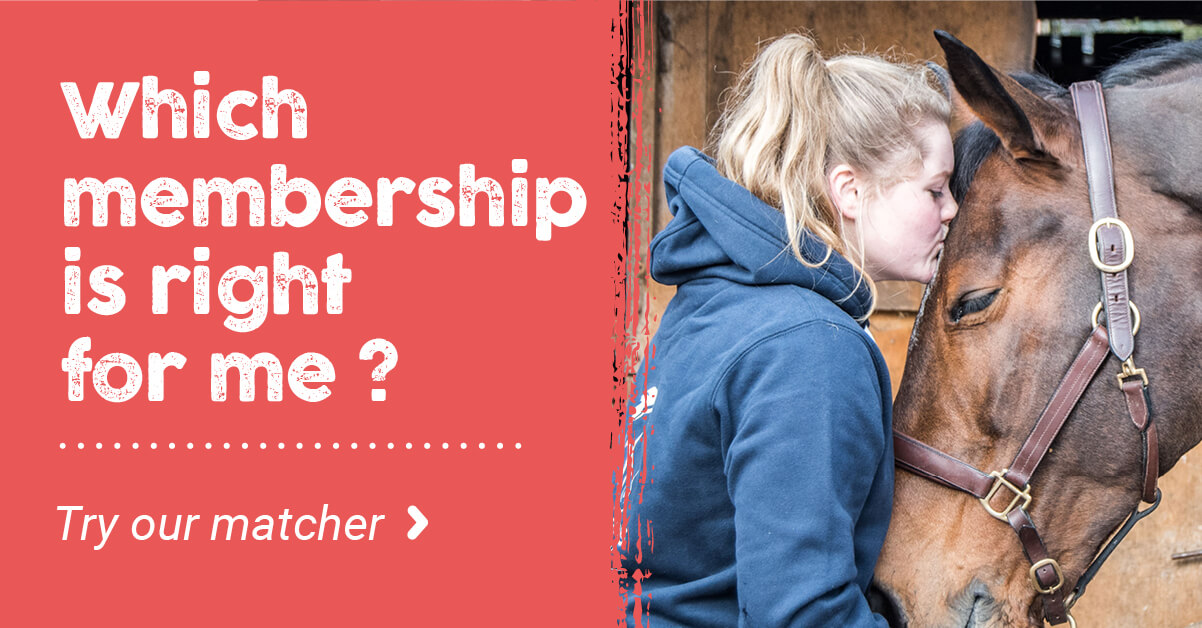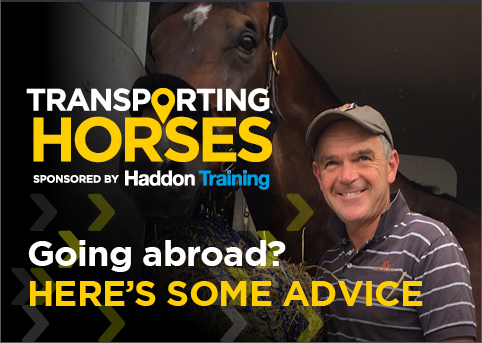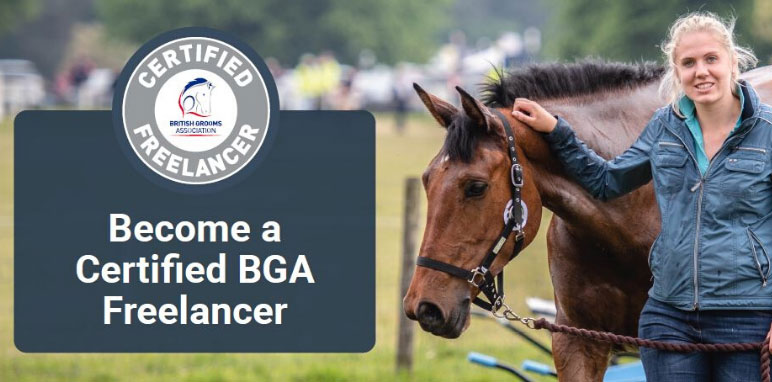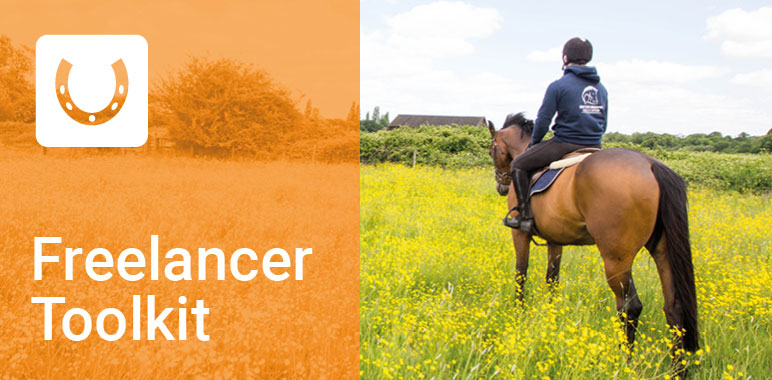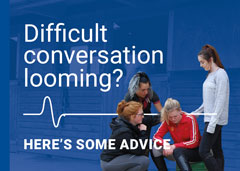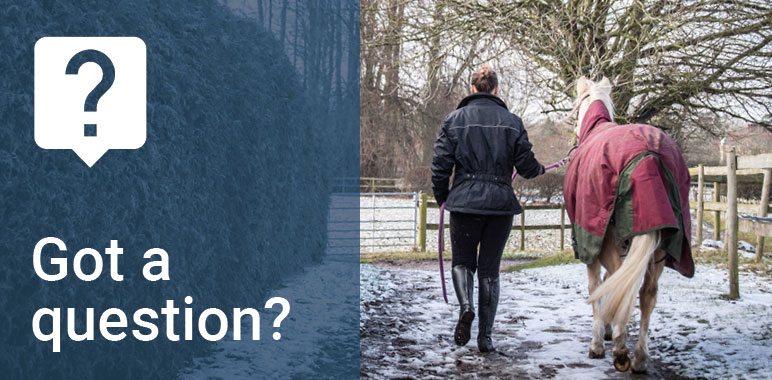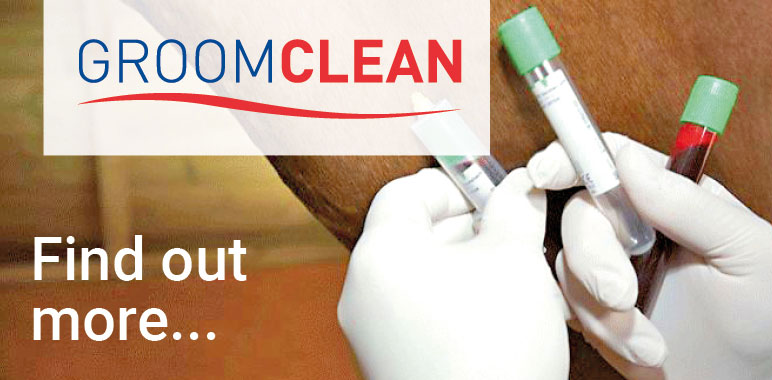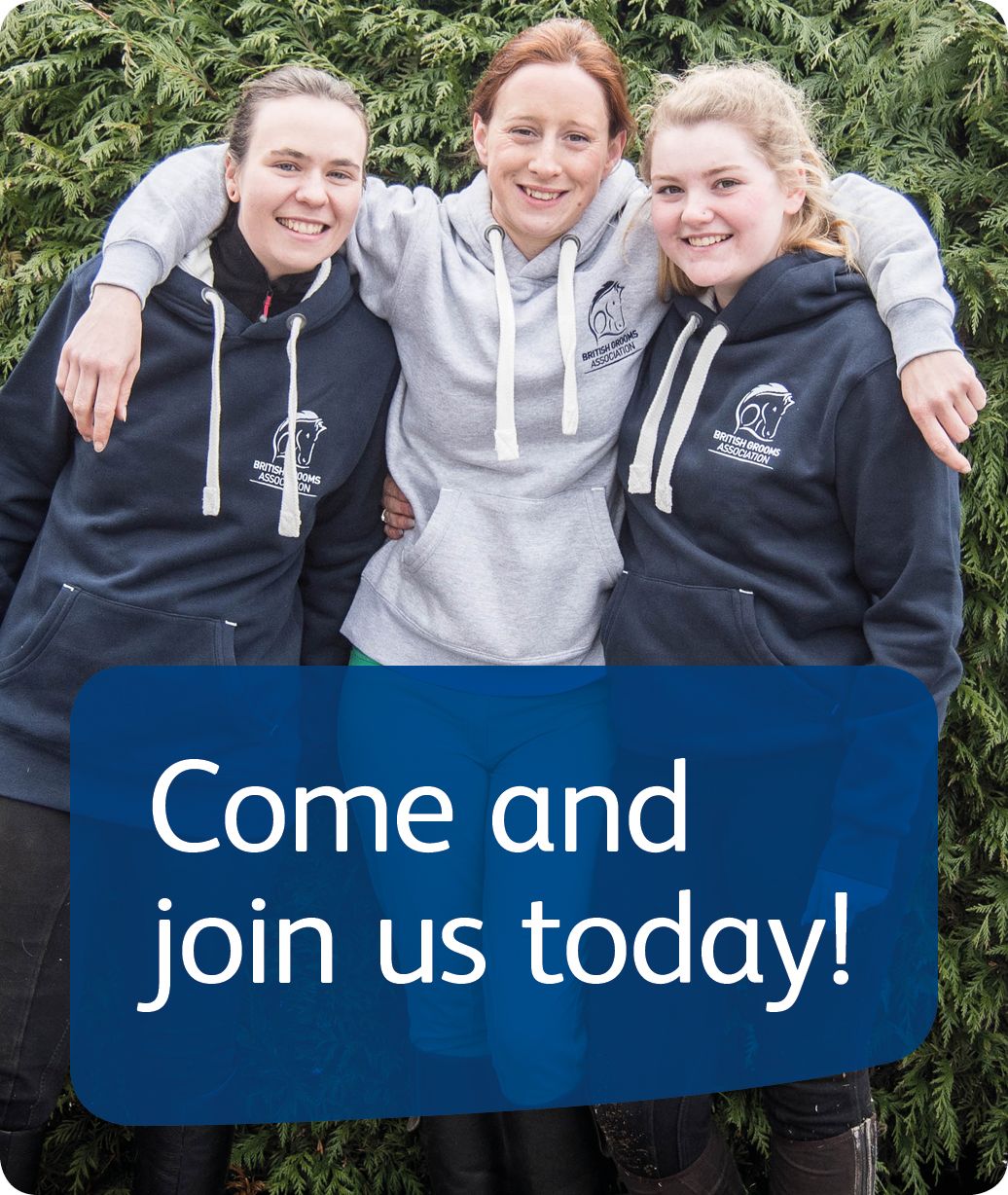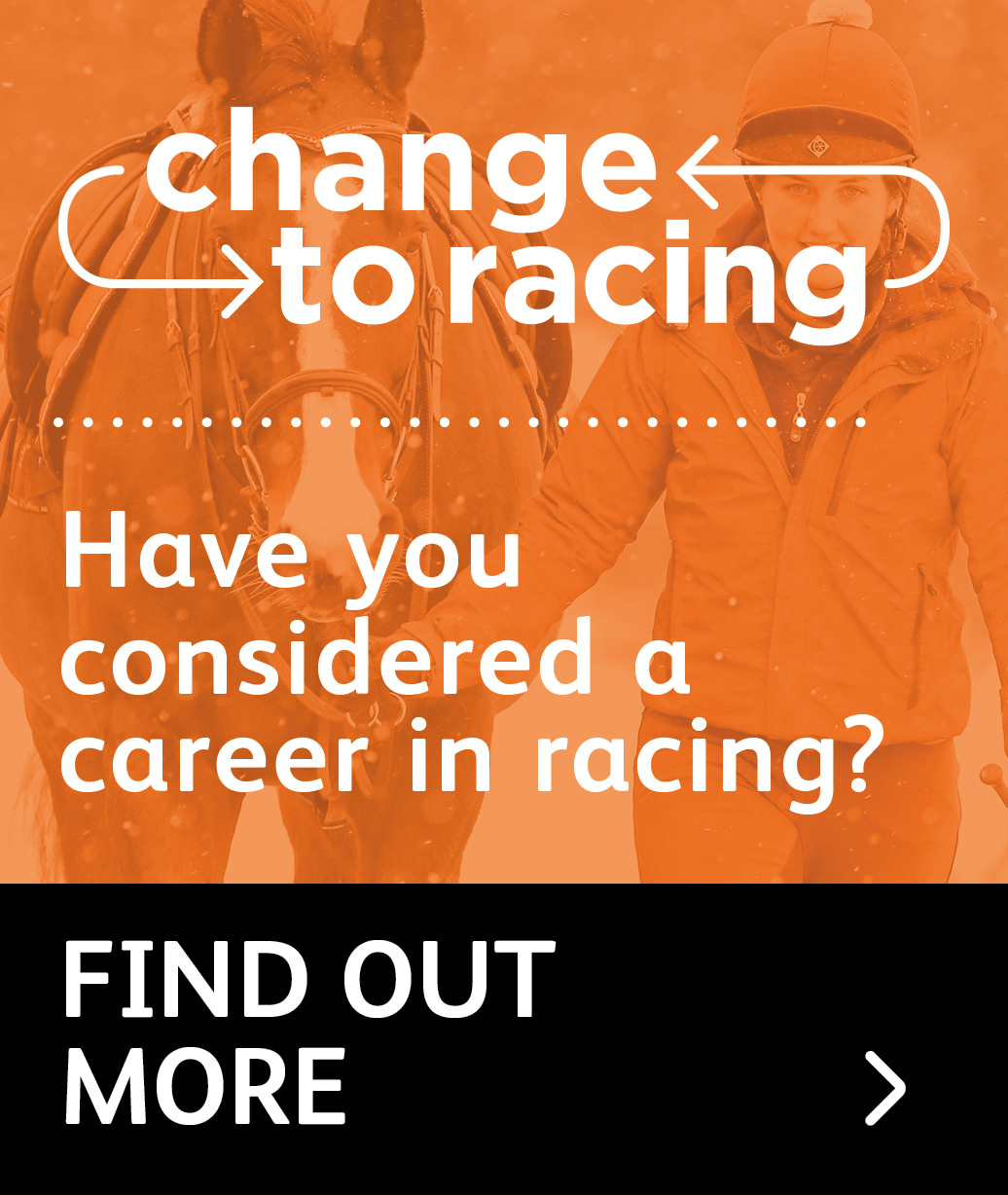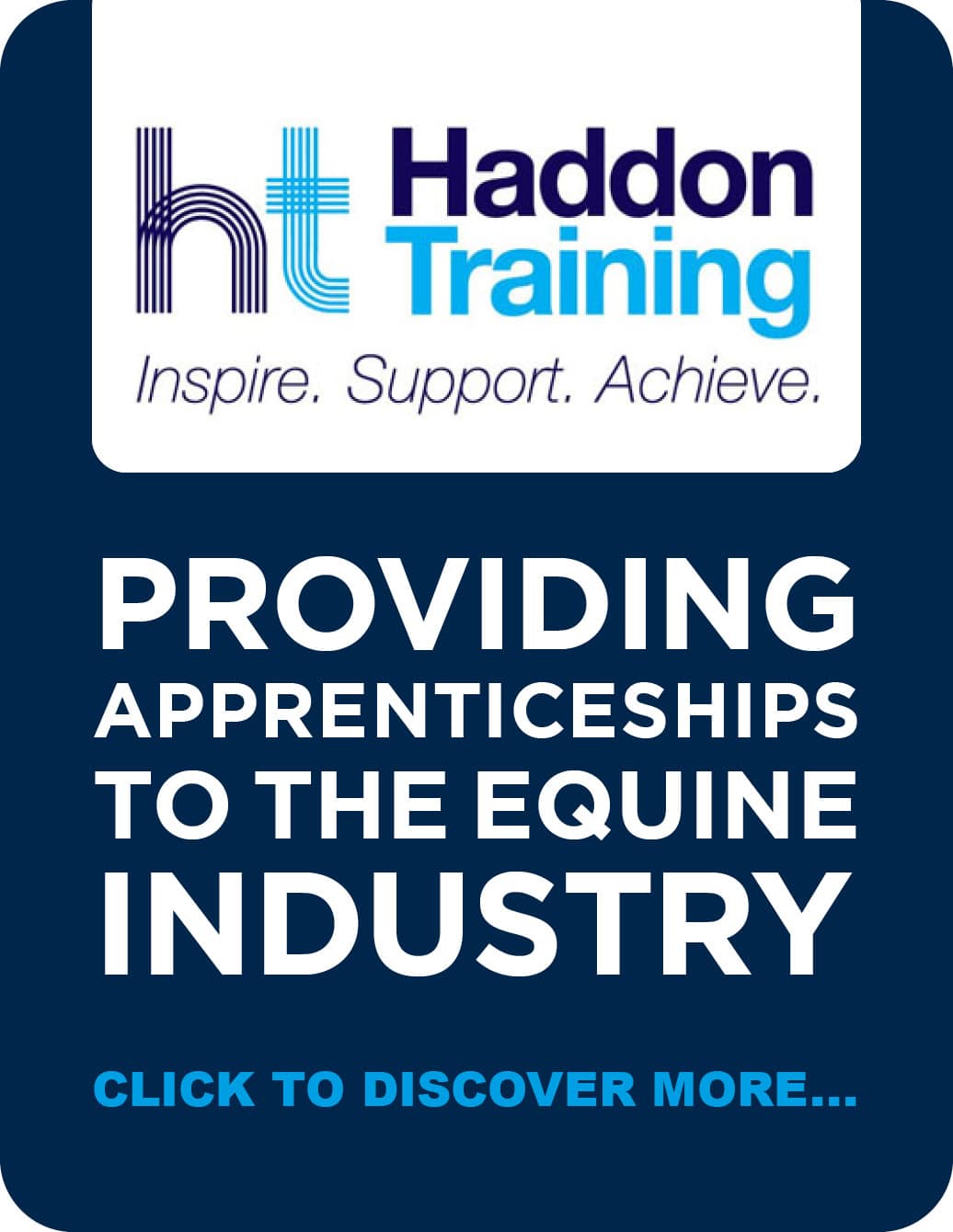- Join Now
- Login
- Member Zone
- Your Career
- Freelancing
- International Grooms Association
- BGA Training
- Healthy Yard Healthy Horses
- Transporting horses
- Brexit
- Safe workplace
- Student Zone
- Member Discounts
- BG Magazine
- Member services
- Training & Careers
- BGA CV Creator
- Horse groom training
- Where to Train
- BGA E Learning
- Career choices
- Change to Racing
- First Aid training for grooms
- Parents
- Grooms Jobs
- Grooms Life
- About
- News
- Contact

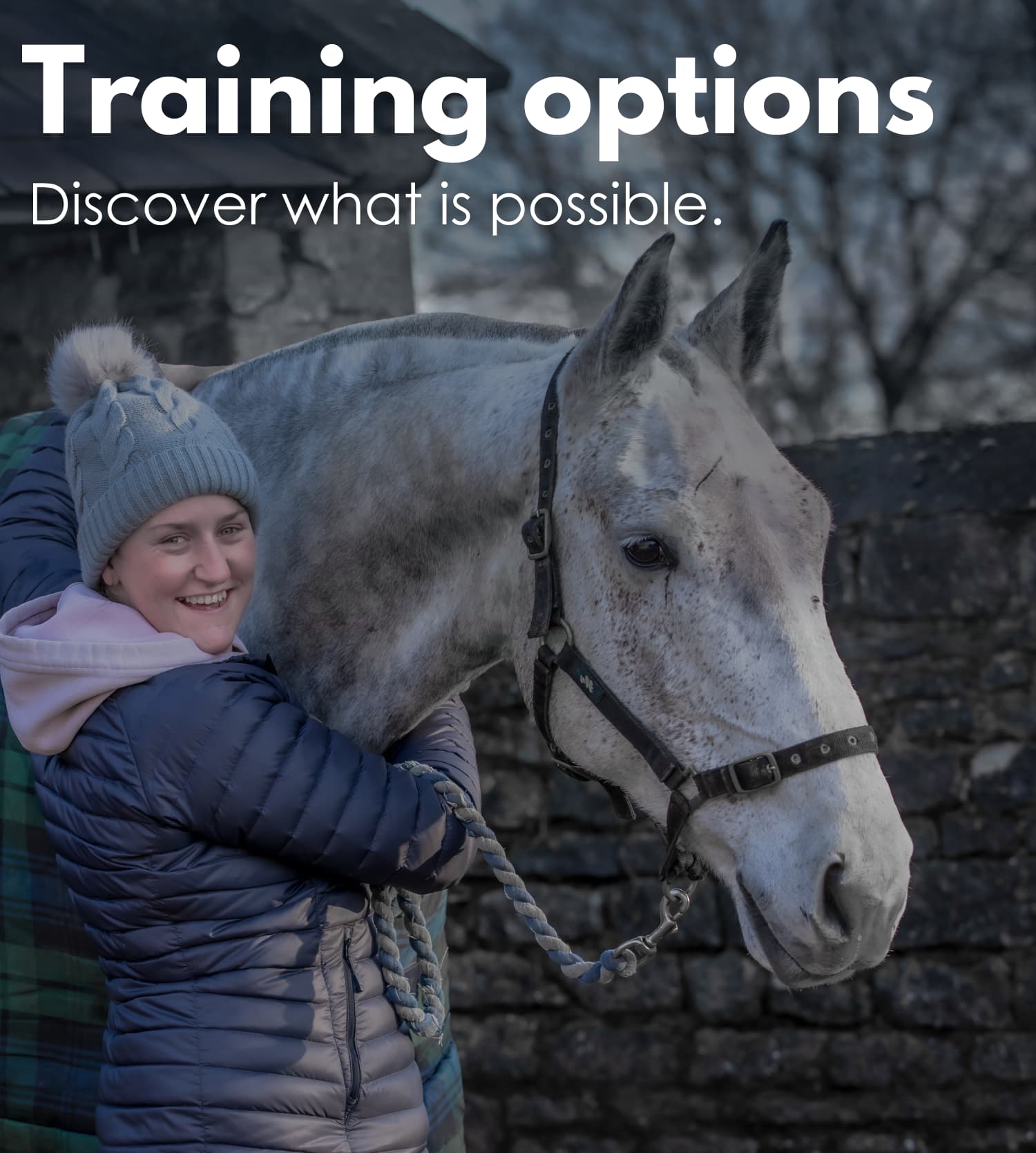
Horse Groom Training Options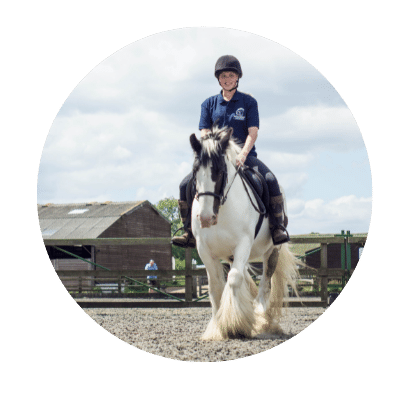
There are many options to the way that you can train or study - there really is a choice for all.
Horse groom training can be:
- 'An Apprenticeship, which is 'on the job' where you work on the yard and receive tuition whilst going about your work.
- At a college or university.
- Other qualifications, including horseracing training.
- Distance home learning.
- CPD (Continous Professional Development)
Join the BGA
If you are serious about having a career with horses and undertaking some formal equestrian training, then a first step is to belong to your professional association - the British Grooms Association (BGA)
Join today as a Standard Member for just £27.50 and belong alongside 1000's of grooms.
Apprenticeships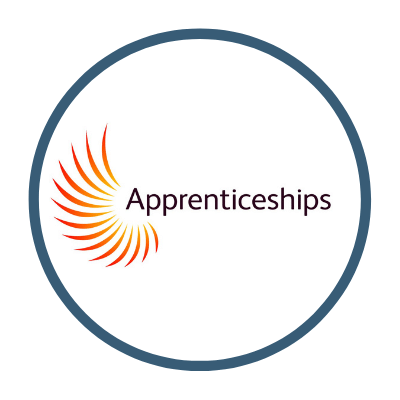
An Apprenticeship is a job (employed position) with an accompanying skills development program under an Apprenticeship Agreement.
These work-based training programmes offer you the opportunity to gain nationally-recognised qualifications based upon real practical experience, skills and knowledge gained through directly working with horses.
The Apprenticeship is delivered by a 'Training Provider'.
The types of qualifications that you can achieve include Work-Based Diplomas and Apprenticeships.
These are acquired through a mix of learning in the workplace, formal off the job training and the opportunity to practice and embed new skills in a real work context.
A useful document to download is the Parents Guide to Apprenticeships and discover more on our Apprenticeships page
College or University
More formal training can be accessed through one of the many land-based specialists further or higher education colleges.
The training in colleges takes place predominantly in the classroom, on the college yard and some visits to yards or expert guest lectures.
You probably will be expected to perform yard duties, and you may have to take a period of work experience on a commercial yard as part of your studies.
Qualifications vary in their content of practical, hands-on, content and theory, and you will need to seek advice from the college on which type of qualification will suit your needs and what type of employment you will be looking for once you have completed.
Take a look at the colleges and universities offering courses in horse care.
Other qualifications
The British Horse Society (BHS) has a wide range of nationally recognised qualifications, including BHS stages examinations which can be taken through BHS approved centres.
Likewise, the Association of British Riding Schools (ABRS) also offer training and qualifications.
Horse Racing opportunities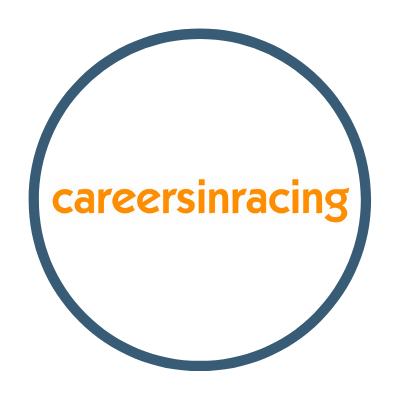
A career in racing can be really rewarding and exciting!
You do not have to have dreams of becoming a jockey as the racing industry offers many career options. You can leave school at 16 years old after your GCSE's and start training for a career in racing.
The careersinracing.com website offers lots of information.
It does not matter if you have no experience of caring for racehorses, the principles are the same as in any other sector of the industry.

There are a variety of ways to train, from at one of the racing colleges or at the National Stud to completing an Apprenticeship with a racehorse trainer.
Training at a racing college will lead to an employed position in a racing or breeding yard.
For racing and stud training options visit Where to Train to find the perfect course for you.
Distance learning 
Distance learning is based on independent study rather than attending a classroom.
This means you can study at home, in the yard office, or the other side of the world – wherever you find yourself with some time to devote to developing your knowledge.
You may study online or through printed course material and disability is no barrier to distance learning.
WHO IS IT FOR?
Whether you want to gain new skills and knowledge to allow you to embrace a new career, or add to your existing skillset for self-development, or simply learn more for your own pleasure, there are distance learning courses for everyone.
Courses can be used as vocational training to help you embark upon your chosen career, for Continued Professional Development (CPD) for those already working in the equine industry.
WHAT IS INVOLVED?
Distance learning is similar to school in that you are provided with information to understand, assimilate and apply.
Unlike school, distance learning requires you to organise your commitments to allow some time during the day, evening and/or weekends to set aside for your own personal or professional development.
Also unlike school, you are studying subjects that you want to know about rather than have to. This adds real enjoyment to the learning process.
DO I NEED CERTAIN QUALIFICATIONS?
Your practical skills and experience, interest, dedication and passion will make you eligible for many of the courses available.
Each course will have entry criteria, but there will always be courses to allow you to develop your skills.
IS IT EXPENSIVE?
All courses are different and this varies between which course you are interested in, as well as individual provider. Have a look at Where to Train for options.
CPD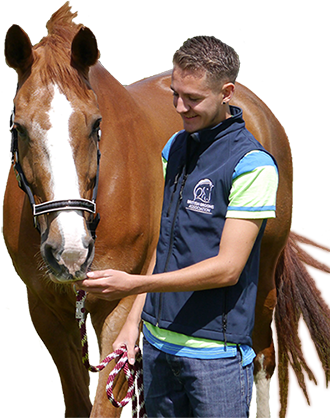
CPD stands for continuing professional development.
This means continuing your education to build and develop your skills. This can be done in our outside of work.
CPD may be a one-off learning course or a series of studies leading to a qualification.
Although it is good practice for employers to encourage self-development through CPD, it can also be led by you.
An example of undergoing CPD would be completing the BGA e-learning modules, physically attending a course or seeking extra training through an online provider.
Who benefits from CPD?
Everyone!
As a groom, you never stop learning and there are always ways to develop your skills and learn new things.
As well as you benefiting from your new skills, your CPD will also benefit your employer, and ultimately the horses in your care.
Depending on the role you are in or looking to be in, you might look at other areas to develop your skills, such as IT, customer service, equine biomechanics or nutrition.
Finding something you are interested in is the key to enjoying your learning.
It is best practice to keep a written record of the courses you have undertaken so that you can add them to your CV where applicable.
IS CPD EXPENSIVE?
There are lots of free CPD available. An example of this would be the BGA e-learning modules.
Other CPD, especially if you are working towards a qualification, will usually be charged for, although doesn’t tend to be expensive.
The Open College of Equine Studies have lots of CPD options. The British Horse Society also runs CPD days.
Top Tip: Look out for relevant events in your area. For example, your local equine veterinary practice may hold client evenings which are usually free, but a great way of learning.
WILL I NEED TIME OFF WORK?
If you are doing employer-led CPD then this is usually done inside work hours (and paid for by your employer).
CPD that you arrange for your own benefit is usually done outside of work hours and at your own cost.
Discover all training options at Where to Train
What the personal accident policy covers you for:
- Whilst at work
- All stable duties – mucking out, grooming, washing off, turning out
- Clipping
- Riding – including hacking and jumping
- Hunting
- Lunging
- Breaking in
- Holding horse for a vet and other procedures
- Travelling horses both in the UK and abroad
- Competing in line with your job including: jumping, dressage, eventing
- Injuries that may happen to you whilst you are teaching - but you must also be grooming as part of your duties and not be a sole instructor
What the personal accident policy doesn’t cover you for:
- Riding in a race, point to point or team chase
- Stunt Riding
- Accidents occurring whilst travelling to and from work
- Riding and competing your own horse (but you can upgrade when applying for membership to include this)
- Public Liability – this is a separate insurance policy - the Freelance Groom Liability Insurance
- Care Custody and Control – this is a separate policy - the Freelance Groom Liability Insurance
If you require additional cover then please contact KBIS directly.
| GROOM | RIDER | EMPLOYER | |
|
When you are working for other people you do most of the following; muck out, turn out/catch in, tack up, groom horses, exercise Horses (including hacking, jumping and schooling), in the care of your employer/client. |
|
|
|
| Predominantly ride horses for other people including schooling, exercising and competing. | NO |
YES |
YES |
| Provide grooming services for someone else either full time or on a freelance basis i.e. an employer or a client. | YES |
NO |
NO |
| Employ staff – have an employers liability policy in your name | NO | NO | YES |
| Buy and sell horses | NO | YES | YES |


